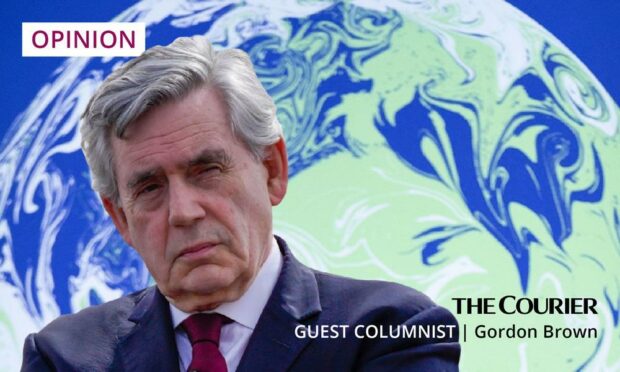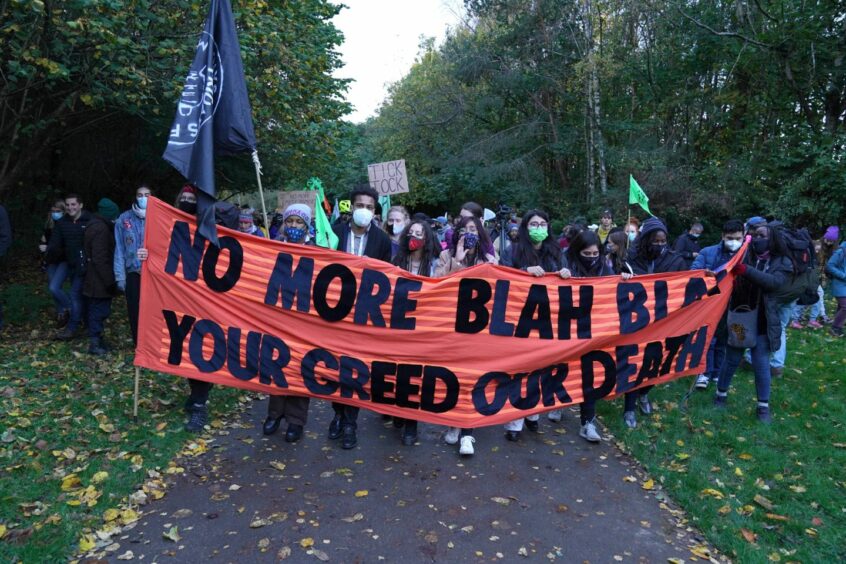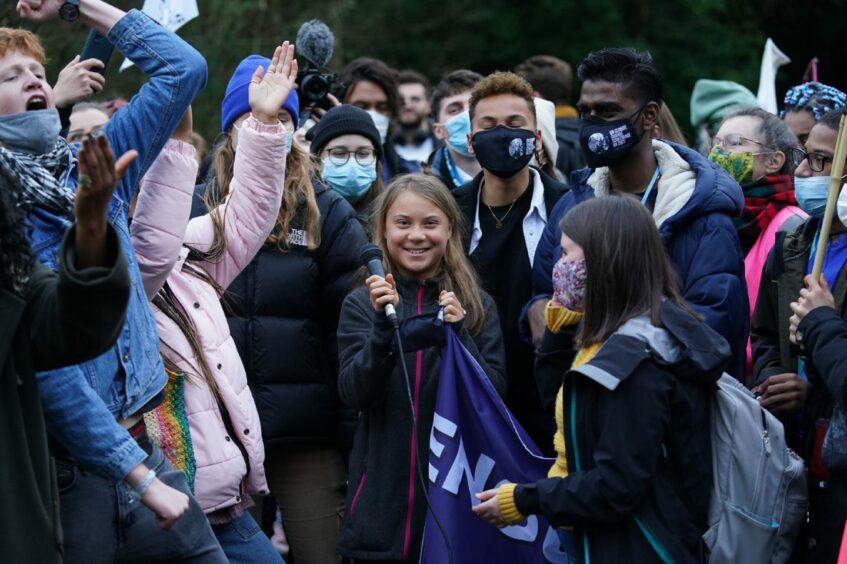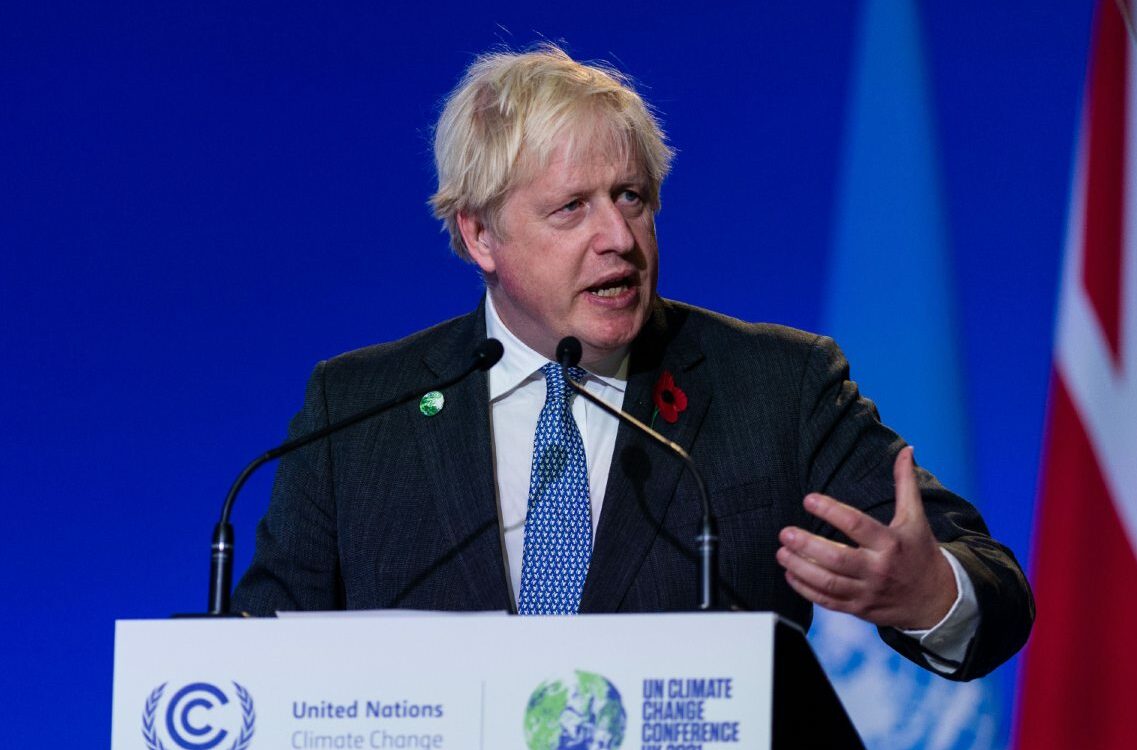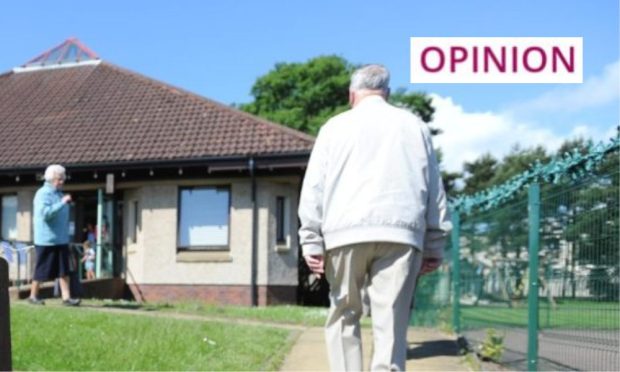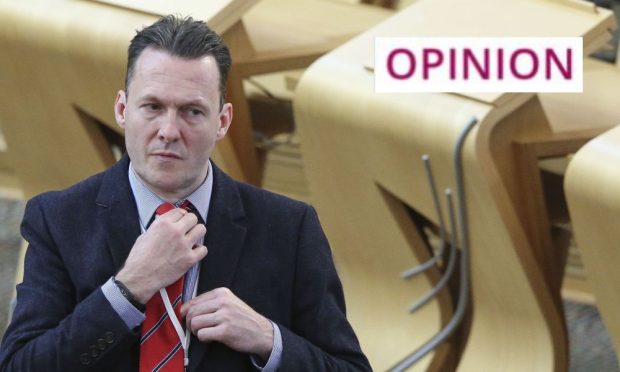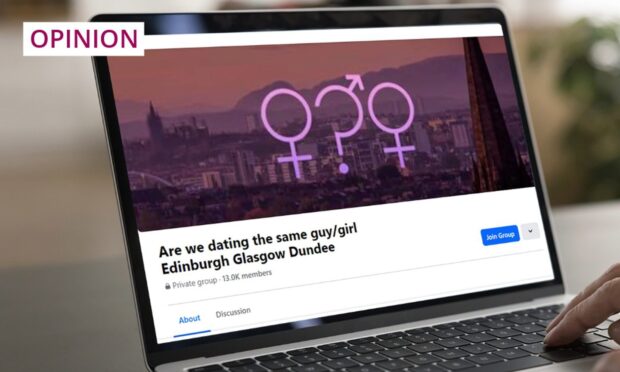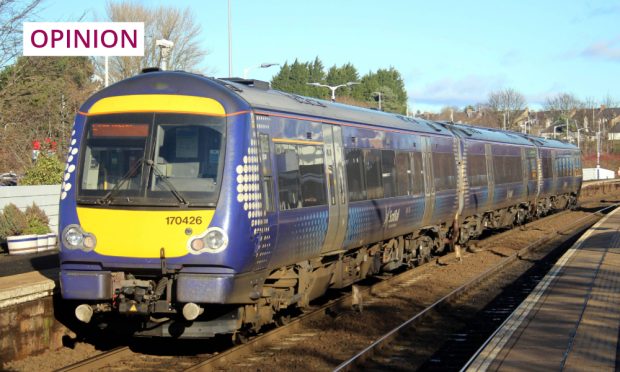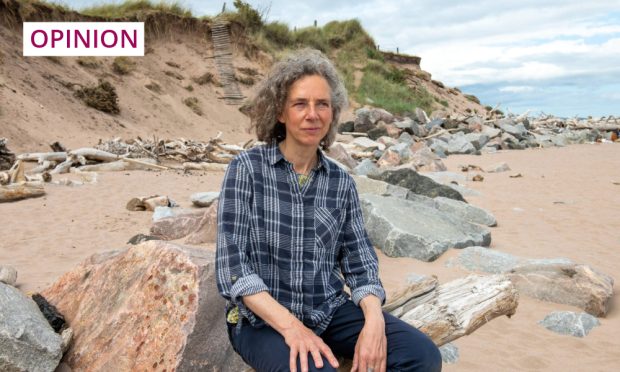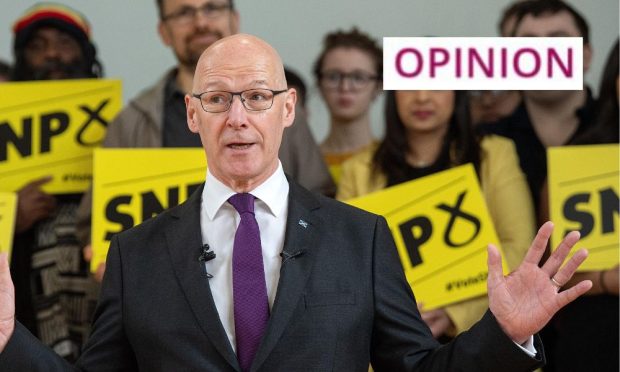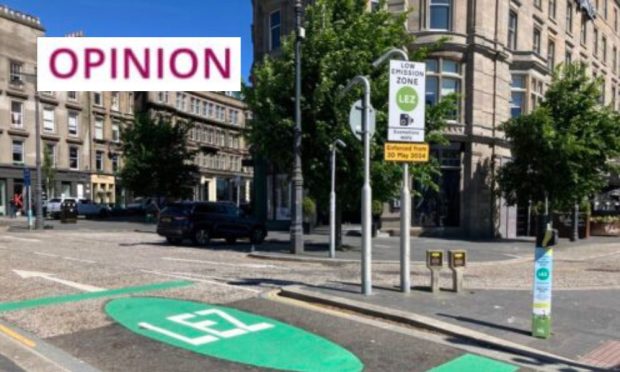When you buy a house, you ask can I afford it? Is it in a safe neighbourhood?
Is it close to my workplace, or the school for my children?
But think of a world where you have to wonder if it will be underwater in the coming decades?
Will climate change turn my neighbourhood into a drought zone?
Climate change is with us – not in the abstract, and not just as a future risk that is yet to materialise.
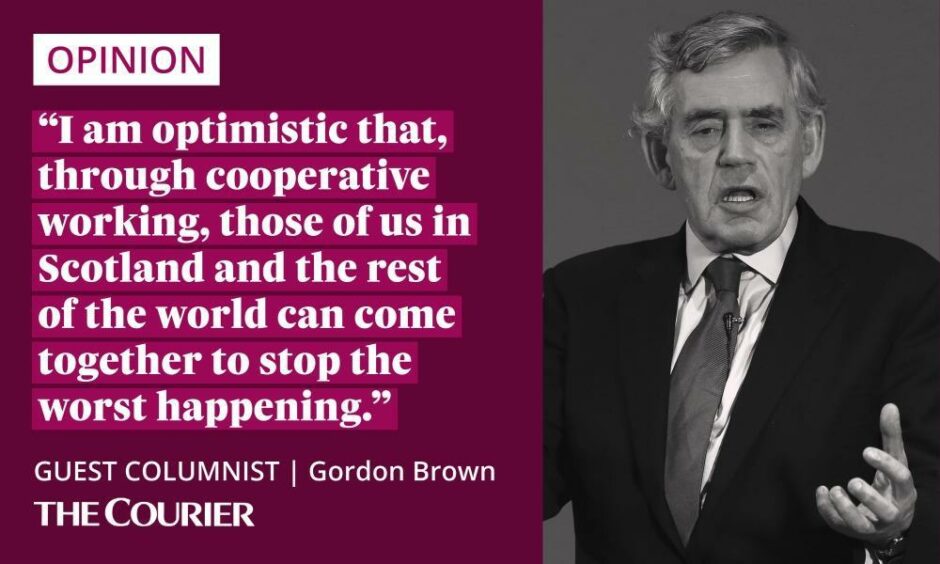
It is here today, being played out in real time as fires rage, droughts hit, hilltops burn and the atmosphere heats up.carbon em
There is no longer serious dispute about the existence or cause of climate change – centuries of using fossil fuels.
There’s little disagreement about what might happen as Arctic and Antarctic ice disappears – floods spread, earth becomes parched and threats to biodiversity multiply.
The days when a climate-denying American senator could display a snowball in Congress and claim this as proof that global warming did not exist are over.
Evidence is now also mounting that the world is far closer to abrupt and irreversible changes – so-called tipping points – than previously thought.
A decade to act on global warming
Since the 1980s, the planet has become warmer than each preceding decade, with the five years from 2015 to 2019 the warmest ever reported.
Average global temperatures have increased by 1C since pre-industrial times.
They will rise by 1.5C to 3C by 2050 and by 4C or more by the end of the century if we take no action.
The term “global warming” – with its cosy overtones and accompanying stories of vintners in England and even Scottish sparkling wine – conveys the wrong picture. “Global heating” or “climate emergency” are much better descriptions of what is going on.
There can be no disagreement either when we say that if we do not address this issue, it will kill our planet and that the steps we take over this make-or-break decade will determine whether our earth is habitable for future generations.
Indeed, the 2020s might be our last chance to avoid catastrophic global heating.
And this makes the transition to a net-zero carbon emissions economy the greatest collective endeavour we face in the decades ahead.
We know we have to create a carbon-neutral world by 2050, but there is no move to that world unless our economy emits as little carbon we did in the quietest week of the world’s recent Covid-19 lockdown, when industry and travel came to a shuddering halt.
But we can change things for the good.
And COP26 can be the start of the fightback.
COP26 is our chance to act on Paris agreement
It is perhaps no accident that COP26 is being held in Scotland. We have great natural and renewable resources and the summit provides a huge platform for Scotland to put its energy revolution to the world’s centre stage.
With abundant wave and wind power – not least because of a coastline of 11,602 miles – Scotland is well positioned for the coming economic revolution, creating thousands of jobs as it cuts carbon emissions.
But COP26 is important for another reason – it is the most critical of the 25 international climate conferences that have been held every year since 1996.
These “Conferences of the Parties” have often fallen short of high expectations.
In Paris in 2015, however, an agreement signed by 196 countries entrenched a consensus around a new imperative – to confine global temperatures to below 2C above pre-industrial levels.
The road from the Copenhahen summit of 2009 to Glasgow 2021 as described by @Fatassinari in @NoemaMag https://t.co/dMR0Si0liv
— Gordon Brown (@GordonBrown) October 30, 2021
While each country retained the freedom to set its carbon emission reduction targets, the aim was always to ratchet up each country’s commitments and, conference by conference, make them more ambitious.
And now the Glasgow conference is the key moment, following Paris, when nations that signed up to national contributions will be pressed to refresh their efforts.
The hope must be that nations will not only add to their commitments working towards a carbon-neutral world by the 2050s, but make commitments for action this decade to reduce their carbon footprints.
Global cooperation is crucial
In my book Seven Ways To Change The World, I set out the big global responses I believe are required to accomplish these tasks.
What they have in common is that they all require global cooperation.
We know the problem cannot be solved by nations acting on their own, who might be tempted to use others for a free ride, but only by governments and peoples acting together.
We must ratchet up the commitments countries make to get to carbon net-zero and also meet our ambition to ensure companies disclose their carbon footprints and produce their own mission statements for that goal.
It is also vital to mobilise science to deliver ever cleaner energy and end our dependence on oil, gas and coal.
To plant trees, restore the soil, clean up our land, remove carbon from the atmosphere and build green.
We need a global “green new deal” that creates new jobs from sustainable technologies and industries.
And while the United Kingdom might only account for 1% of global emissions, we can play a huge global role by leading the world in the innovation that will power the green revolution.
Cooperation begins at home
As part of the United Kingdom, Scotland can be at the forefront of that effort.
For us, the climate change conference might be better entitled “Co-Op 26” – because this is how we can make a truly global difference.
🌍 @HeatherMcG_EBS on @bbcquestiontime #BBCQT
We need to focus on the things that unite us to work together to strengthen our economy and protect our environment 👇🏼 pic.twitter.com/V0V99NDRqU
— Our Scottish Future (@scottish_future) October 22, 2021
As noted by leading energy expert Nick Butler in a report for the think-tank Our Scottish Future, Scotland should be “seizing the opportunity” to become a world leader in new green technology such as energy storage, the use of hydrogen and carbon capture.
He says, “For Scotland COP26 offers the chance not just to provide hotel rooms and hospitality but also long-term leadership. Such steps of course can only be taken if Scotland is part of the United Kingdom with full access to Britain’s collective strengths and resources.
“To those who say the UK Government’s policies are too vague and inadequate, the answer is to lead the process of developing them, providing answers and ideas. As part of the UK, Scotland has a voice.”
Rich countries must deliver on promises
So yes, Scotland can have a truly global impact that lasts well after the COP26 delegates have gone home.
But we also have to help poorer countries and island states who cannot afford the measures they need and yet are the countries most likely to suffer from drought, flooding and poverty resulting from climate change.
The promise made in 2009 of $100bn for a climate fund to help them mitigate and adapt to climate change has not been delivered.
Nor is there any evidence that the latest promise – a $100bn a year transfer from rich to poor countries – will happen throughout the 2020s.
If no agreement is reached on this, COP26 will break down in conflict and recriminations.
The situation is perilous, but we are not powerless. We should feel hopeful and motivated to create a climate that offers a home to everyone and is harmful to no one.
The climate emergency is indeed an existential threat to the globe.
We owe it to ourselves to work together towards progress, not as spectators but as agents of change.
Each of us can demonstrate that we have the power to reduce our carbon footprints, and so pass on a sustainable planet to our grandchildren.
This piece first appeared in the Scots Magazine November edition. See more at www.scotsmagazine.com and subscribe here.
